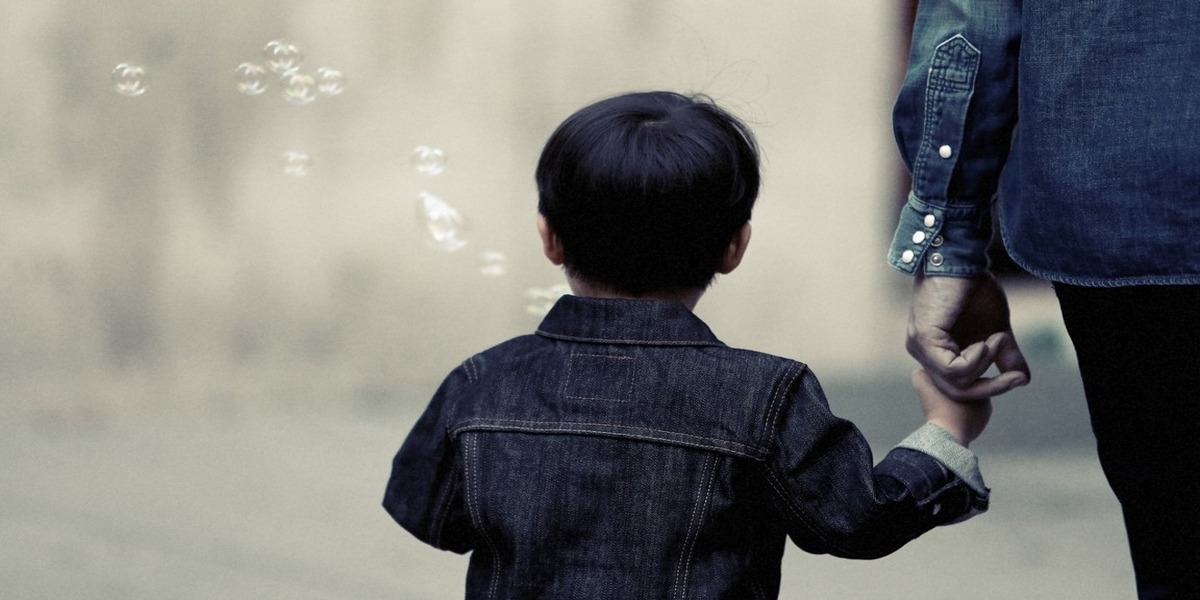The divorce process is difficult not just for the parents but also for their children. Kids have a way of prioritizing their thoughts, and the issue as a whole is important to be addressed. This guide offers a comprehensive outline of how to tell kids about divorce and address this challenging conversation.
How Divorce Affects Kids: The Good and the Bad
Naturally, divorce can stir different feelings in children, such as confusion, sadness, anger, or anxiety. Children sometimes experience some loss—not just of the family unit but of stability and security. Parents should be aware that kids will often process these changes and may even blame themselves for the divorce. Recognizing these emotional responses can help parents decide how they talk about the situation.
How to tell kids about divorce?
Pick the Right Time and Place
Choose a private, quiet location where you can talk without interruptions. If possible, both parents should be present, showing unity and support. Pick a time when everyone is calm, not when there’s high stress or conflict.
Plan What to Say
Both parents should develop key points messages to convey before the conversation. This includes:
- An explanation for why the divorce is happening.
- The continued love and care of both parents.
- Notice of changes in living arrangements or routines.
It’s important to keep the message short and sweet. You could say, “Mommy and Daddy have decided to live separately because we don’t get along anymore, but we both love you very much.”
Be Honest but Age-Appropriate
Make your explanation appropriate to the child’s age and comprehension:
- Young Children (Ages 3-5): Use simple language and focus on concrete details like who will live where and how often they will see each parent.
- School-aged children (Ages 6-11): They can understand more complex emotions and may have questions about their daily lives. Be prepared to discuss logistics like school arrangements and visitation schedules.
- Tweens and Teens (Ages 12+) can understand deeper emotional contexts but may also have strong reactions. Encourage open dialogue about their feelings and concerns.
Encourage Questions
Once you’ve given the news, encourage your children to ask you questions. They might want to consider what they’ve just heard before they’re ready to ask anything. Breathe and be prepared to answer those questions honestly, without unnecessary details that may add to their distress.
Validate Their Feelings
Recognize that it’s normal for kids to feel upset or confused by the divorce. Encourage them to talk about how they feel—whether they are sad, angry, or scared. Say things like “I know this is difficult for you” can help them feel heard.
Reassure Them
Assure the child that their parents still love them no matter what. Most importantly, you must reassure them that they did not cause the divorce and that this is an adult decision. Reaffirming your support and presence can comfort those feelings of guilt or blame.
Keep It an Ongoing Dialogue
Discussing divorce should not be a one-off event; it is an ongoing conversation that continues as children learn to manage their feelings over time. Be willing to re-engage the discussion over time, particularly as they become more mature and their level of understanding becomes more advanced.
Use Resources
Read children’s books about divorce to break the ice or provide comfort. They can help children better understand what they are feeling.
Create a Supportive Environment
Familiar schedules can work wonders for children, especially as parents adjust to their new roles after divorce. Maintaining normal activities such as school routines, sporting commitments, and family traditions provides some consistency in a changing world.
Do Not Talk Bad About Each Other
It’s important to remind parents that speaking poorly about the other parent in front of the kids is not OK. Never speak ill of each other to the kids. For kids who love both parents, this can simply add unnecessary stress and confusion. Rather, you should emphasize co-parenting solutions that are considerate of children.
How to tell kids about divorce: Final Thoughts
Telling kids about divorce is undoubtedly one of the most challenging conversations a parent can have. Parents can foster an environment where children feel secure despite the changes around them by focusing on clear communication, emotional validation, and maintaining stability.
Ultimately, while words are important during this pivotal moment, actions will speak volumes about how children perceive their new family dynamics in the future.
If your budget is tight, check Family Law Free Consultation guide. Don’t forget to follow us on Facebook to receive the latest alerts.
Sources:
- helpguide.org/family/parenting/children-and-divorce
- childmind.org/article/how-to-tell-kids-about-a-divorce
All images from pixabay.com

Smart Divorce Network is a blogger-based community that gives divorce professionals a unique platform to share insights and knowledge. Smart Divorce Network is the leading destination for smart divorce discussions between peers. You can share your thought and/or your articles here.







